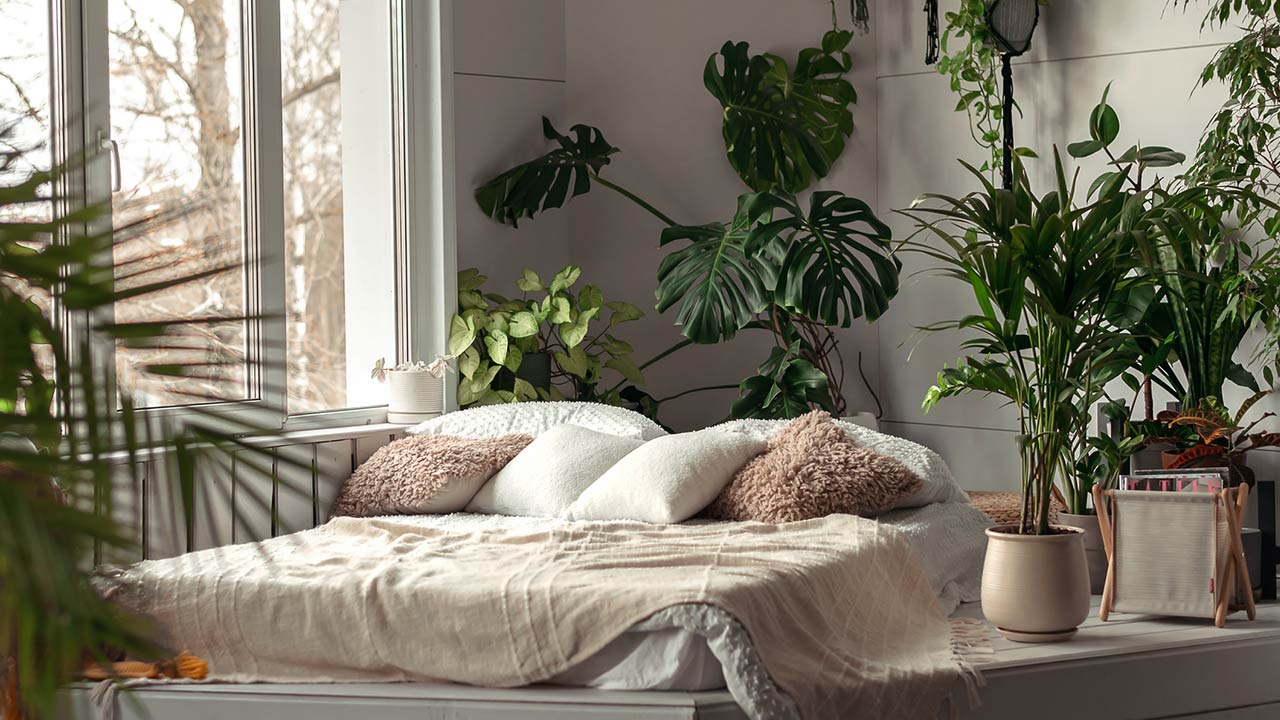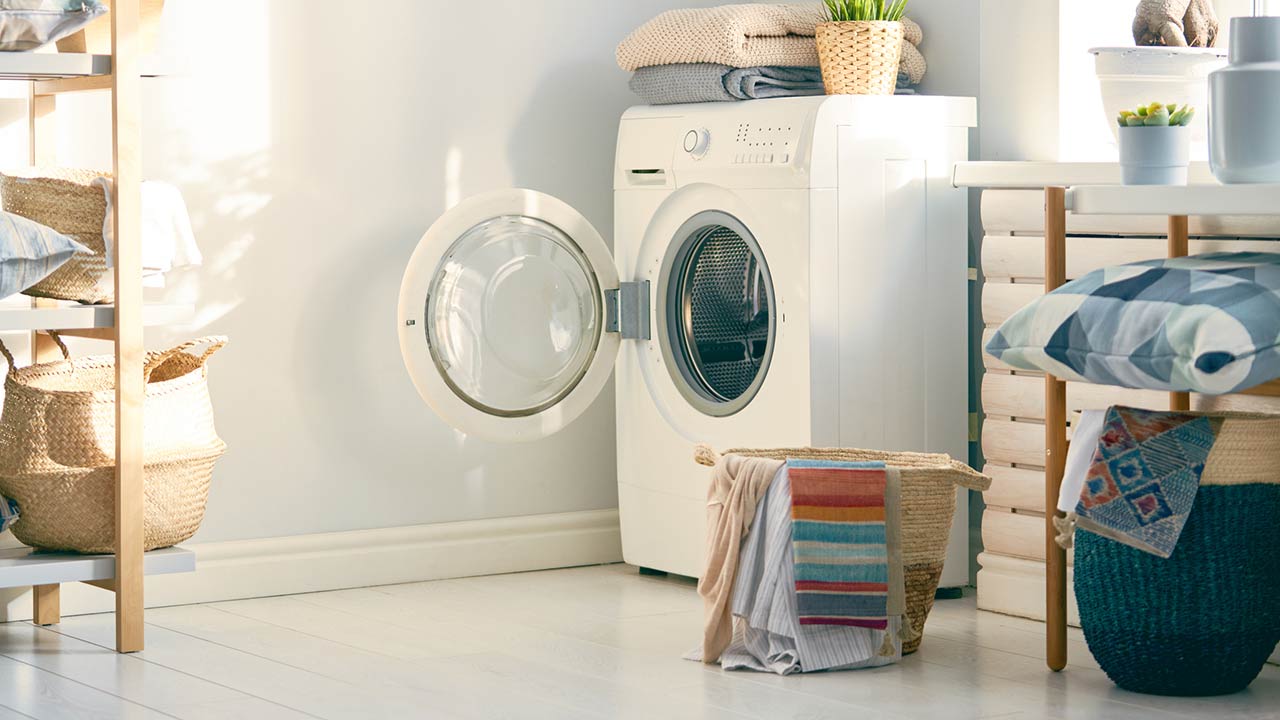9 Things to Consider When Adding an Addition to Your Home

Is your family growing out of your home? Do you need extra space to accommodate your changing needs? If so, you may have either thought about moving or adding an addition.
If you love the area you’re living in and would rather stay put, adding an addition might be the better alternative, as long as you’ve considered all options.
But before you start making plans for your addition, be sure you’ve answered all of the following questions.
1. Can Your Current Space Be Remodeled Instead?

Before you decide to add on to your home, consider whether or not a space in your home can be remodeled to suit your needs. An addition is a costly and time-consuming project to undertake, so reconfiguring the square footage that you’ve already got would be a much simpler endeavor.
Perhaps you can rip down a wall or two, change up the layout in your home office, or refurbish your attic. Whatever your needs may be that are prompting you to add an addition may be adequately served with a remodel instead.
2. How Much Can You Afford to Spend?
If you have decided that an addition is definitely on the table, consider what your budget is. These projects are very expensive, so you certainly want to make sure you’ve got the funds to cover the cost.
If you don’t have the liquid cash, you may be able to take out a home equity loan or a HELOC (home equity line of credit) to finance your home improvement project. Just keep in mind that you’ll need to have at least 80% equity in your home and will need to go through the typical mortgage qualifications in order to be eligible for these specific types of loans.
3. How Much Will it Cost?

The cost of an addition will vary from one project to the next, depending on exactly what you’re trying to accomplish as well as where you live.
Generally speaking, you can expect to pay anywhere between $200 to $500 per square foot. So, if the addition you’re planning to build is 400 square feet, for instance, you’re looking at paying anywhere between $80,000 to $200,000.
Not only does the size of the space play a role in the overall cost, but so do the materials, finishes, the slope of the land, and other intricacies involved. Of course, you’ll have to get a more accurate estimate from the experts who will be taking on a job like this. But for general purposes, this is the ballpark you can expect to pay somewhere around.
4. How Much Value Will Be Added?
An important question that you should ask yourself before considering adding an addition to your home is how much extra value will be added as a result of this project. More specifically, you should determine what your anticipated ROI will be once the addition is up and the money has been spent.
Some types of rooms – and the finishes chosen – can bring in a higher ROI than others. For instance, a two-story addition and master suite addition tend to add more value to homes than other types of additions. You’d be well advised to speak with your real estate agent to find out what types of additions are more valuable in your area before starting your new project.
5. What Are Your Your Property Lines and Restrictions?

Before any construction project can begin, restrictions and limitations must first be addressed. You might have a wonderful idea in your mind of the type of space that you’d like to add to your home, but it may not be possible or even legal.
Local code restrictions will dictate where and what you can build. For starters, you’ll need to identify where the property lines are and find out what the building codes say about how close you can build to your neighbor’s home. You can’t just arbitrarily build any structure right up to the fence line.
Also, you’ll need to factor in things such as slope, location of utilities, height restrictions, and other factors that could impact your project.
Restrictions vary from one neighborhood to the next, so it’s important for you to contact your local government office for a rundown of what the regulations are regarding additions in your community. And if you live in an HOA, you’ll certainly need to request approval for your project from the board to make sure you’re within your rights to build.
6. Should You Build Up or Out?
Building a second story and expanding ground-level space both come with their complications. If you’re looking to build up, for instance, you may need to pay an architect because of all the complexities of building directly over top of an existing structure. If you’re thinking of building out, on the other hand, there is foundation and excavation work to consider.
7. What Type of Design Will Complement Your Home’s Current Floor Plan?

You might have an idea of what you’d like to see in your addition, but you’ll want to make sure that it blends well with what you’ve currently got. You don’t want your addition to look as if it’s a completely different piece of a home that was just stuck to yours. Make sure you enlist the help of a seasoned residential plan designer to help you come up with a plan that will provide you with an aesthetically appealing, useful, and efficient addition to your home.
8. What Kind of Materials Will You Be Using?
Come up with a list of materials that you’d like to use with your addition. Keep in mind that materials will range in price and availability, so there’s a chance that you may have to compromise on your first choice when it comes to materials.
9. Will Other Parts of the Home Need to Be Updated to Match?

It’s a common scenario: homeowners renovate one part of their home, only to find themselves updating other parts of the home around them. If you’re fine with the way the rest of your home looks and would prefer to leave it as is, make sure to blend the flooring, walls, and ceilings. You won’t want two completely different floors flowing into each other, for example.
The Bottom Line
Building an addition can provide you with the opportunity to take advantage of the added square footage you’ve been looking for. Whatever your reasons may be for needing the extra space, an addition can be a great way to get it. Just make sure you’ve considered how much value it will add to your home, your budget, and the overall cost.










